Effective Home Remedies For Gum Pain That Provide Quick Relief
From saltwater rinse to OTC medication - your guide to soothing gum pain at home.
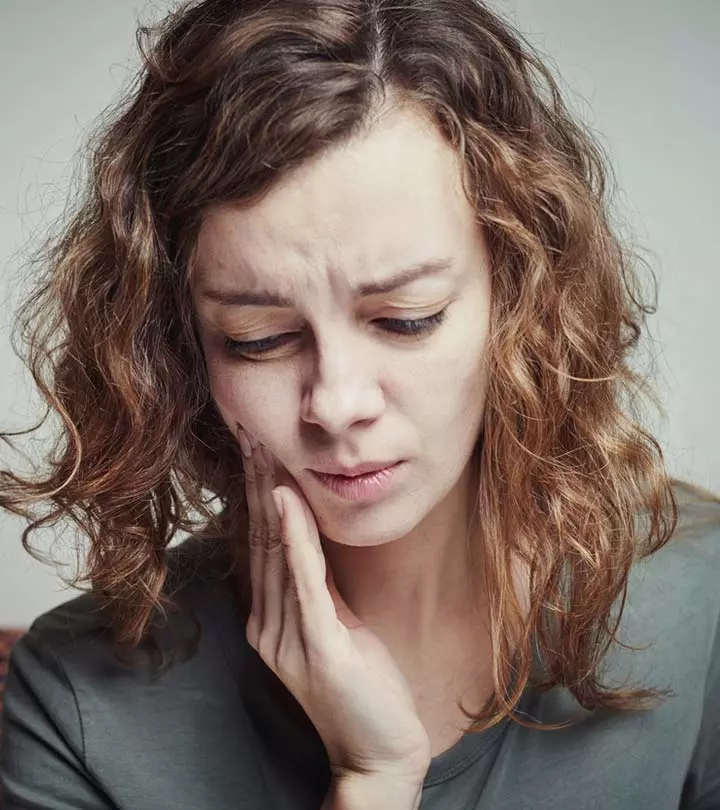
Image: iStock
The reasons behind your tooth and gum pain may vary, including tooth sensitivity, tooth decay, and other dental problems, but one thing is certain— it can be really annoying and debilitating. Whether it is because you brushed your teeth too hard, or have a more serious underlying condition, gum pain relief takes priority when the ache hits. Understanding the reason behind your pain can help you make the most of home remedies for gum pain and decide whether you need to visit your dentist or not.
In This Article
What Is Gum Pain?
Gum pain is a condition characterized by sore gums that may or may not be swollen or bleeding.
It is often accompanied by toothache. Gum pain may make it difficult to brush your teeth, have certain foods, or even talk.
In many cases, gum pain is a temporary and isolated situation that can go away on its own. Gum pain that is accompanied by other symptoms, however, may indicate underlying conditions.
Key Takeaways
- Gum pain is an annoying temporary situation, often accompanied by tooth pain.
- Canker sores, gingivitis, hormonal changes, and tobacco can cause gum pain.
- Bad breath, swollen gums, and bleeding gums are some symptoms that may accompany gum pain.
- Applying hot or cold compress, rinsing the mouth with saltwater, and using turmeric paste and clove may help relieve the pain.
Symptoms That May Accompany Gum Pain

A faulty brushing technique or ill-fitting dentures may lead to sore gums that generally don’t show up with other symptoms. However, you may need to be wary if you experience gum pain in conjunction with one or more of these symptoms (1):
- Bad breath
- Bleeding from the gums
- Purplish-red or bright-red color in the gums
- Increased sensitivity or tenderness
- Painful mouth sores or ulcers
- Receding gums
- Swollen gums
The trick to finding out how to make your gums stop hurting lies in paying attention to these symptoms which can tell you what is causing your gum pain. So, let’s head on to explore some of the common causes behind sore gums.
What Causes Gum Pain?
- Canker Sores
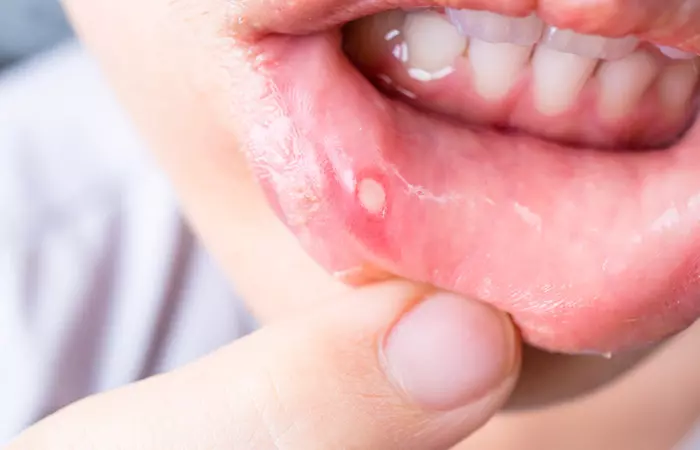
Canker sores are open ulcers that look like red patches with or without a white coating. They may develop anywhere in your mouth, including your gums. This is generally not a serious condition and they tend to clear up on their own (2).
- Gingivitis
Gingivitis is a common gum disease that has characteristic symptoms like swollen and bleeding gums that may become progressively painful.
Poor dental hygiene is known to be a leading cause of gingivitis. Untreated or unchecked gingivitis can give way to periodontitis which involves swollen, painful gums pulling away and receding from the sides of teeth. Periodontitis can lead to infections and more serious health conditions, so this requires professional medical attention (1).
 Trivia
Trivia- Hormonal Changes
Fluctuations in ovarian hormones may lead to your gums being swollen, tender, and painful from increased blood flow.
It may also increase your risk of gingivitis. Puberty, pregnancy, menstruation, menopause, and starting on oral contraceptives may cause hormonal changes leading to sore gums (3).
- Tooth Abscess
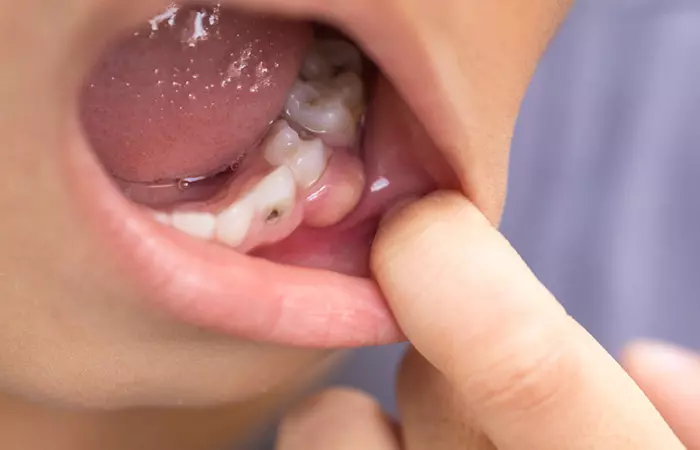
A pocket of pus or an abscess may sometimes form because of a tooth infection at the root of a tooth. These abscesses may lead to swelling and pain in the gums. A tooth abscess needs to be treated, generally by means of a root canal (4).
- Tobacco
Smoking or chewing tobacco on a regular basis may lead to sores in the mouth.
These sores may be located on the gums and cause pain. Smokers and tobacco users are also at high risk of developing gum diseases or oral cancer (5).
- Oral Cancer
A sore in the mouth that does not seem to heal may be a sign of oral cancer. Oral cancer may appear as a painful or painless sore on your tongue, inner cheeks, gums, or tonsils (6).
According to a survey conducted by the CDC, almost half the adults over 30 (46%) have gum disease, including 9% with severe cases. Also, oral cancer is more common in individuals older than 55 who smoke and heavily drink.
While in a few cases gum pain may need medical attention, most of the time you can apply some sore gum treatments at home to get relief.
Home Remedies For Gum Pain
- Mouth Rinse With Saltwater
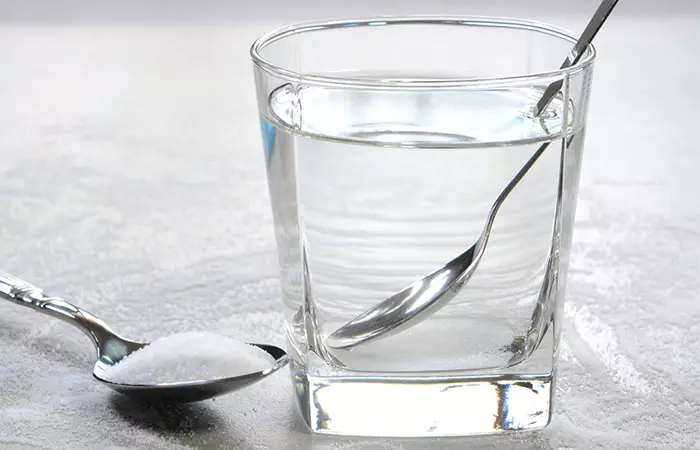
A warm salt-water rinse is traditionally used to promote oral health. Modern research suggests that it may help to speed up oral wound healing (7). It is also a great home remedy for swollen gums. What you need to do is described in the following steps:
- Warm a cup of water. You do not need to bring it to a boil.
- Pour the water into a glass or mug.
- Add a teaspoon of salt to the water and stir it till it dissolves.
- Take a mouthful at a time and swish the saltwater around till it stays warm in the mouth.
- Spit the water out and repeat the process with the remaining water in the glass/mug.
- Do this twice every day till you feel the pain leave and the swelling subsides.
- Apply Hot Or Cold Compress
You may be able to tackle lower or upper gum pain by using a cold compress. The reduction in temperature can help with inflammation and block the sensation of pain. The use of a cold compress to treat pain has been practiced since ancient times and is often recommended by dentists after major oral surgeries (8). Simply follow the steps as described below:
- Take an ice pack and wrap it up in a clean piece of cloth.
- Hold it on your face against your aching gum.
- Do this twice or thrice a day till the pain subsides.
For a hot compress, soak a fresh, clean cloth in warm (not hot) water. Squeeze out the water and place the cloth over the gum line. This method calms the gums and is often recommended by dentists for effective gum pain management.
- Apply A Poultice Or Paste With Herbs And Spices
Both turmeric and clove are readily available in most kitchens and can be used for pain relief associated with gum infection. Turmeric is a potent anti-inflammatory and anti-microbial spice that has a wide range of benefits for oral and dental health (9). Cloves are also considered to be a strong antibacterial spice with proven benefits against gum disease (10).
- Take powdered turmeric or powdered clove and mix with a few drops of warm water.
- Apply the paste to your sore gums and leave it on for 5 minutes.
- Rinse with lukewarm water.
- Repeat the process a few times or when you feel your gums are painful.
- Topically Apply Used Teabags
Green tea is considered to be effective in promoting gum health as it has anti-inflammatory and antimicrobial properties (11). Follow the steps to use tea bags for quick relief from gum pain.
- Use a fresh tea bag and steep it in hot water for 2-5 minutes. You can drink the tea that you make in this process.
- Take out the used teabag and let it cool in a clean dish.
- When it is a comfortable temperature, directly place it on your sore gums.
- Hold it there for 5 minutes.
- Repeat this process twice a day or till your gums stop hurting.
 Quick Tip
Quick Tip- Clove Oil
It is known for its analgesic and anti-inflammatory properties and is often used as a natural remedy for alleviating gum pain and toothache (12). The following steps show you how to use clove oil for gum pain relief:
- Mix a few drops of clove oil with a carrier oil, such as coconut or olive oil.
- Dip a cotton ball or a clean cloth into the diluted clove oil mixture.
- Gently apply the oil-soaked cotton ball on the affected area. Ensure it adequately covers the area.
- Keep the cotton ball in place for a few minutes to allow the clove oil to seep into the gum and rinse your mouth with water to remove any residue.
- Do this 2-3 times a day.
- Over The Counter Medicines

You can opt for medicated oral gels which contain natural or synthetic components that can help numb gum pain if you want quick relief. Some commonly used brands include Anbesol and Orajel. You can also take painkillers and non-steroidal anti-inflammatory drugs like aspirin, ibuprofen, or acetaminophen. It should be noted that frequent or long-term use of these medications may have adverse side effects. If you think that your gum pain is not resolving, contact your dentist (13).
Conny Wu, a blogger and proponent of natural remedies, shared her go-to solution for irritated gums. She revealed her quick pantry fix—a honey and cinnamon paste. She writes, “I’ve experienced immediate relief and have had gum pain disappear after just one application (i).” Emphasizing the treatment’s safety, Conny assured it was okay to swallow. However, she recommends regular dental check-ups.
Gum inflammation and pain are also some of the symptoms of pyorrhea, a condition that affects your dental health. Trying home remedies for pyorrhea, such as honey, clove oil, and other essential oils, may also relieve gum pain caused by this issue.
Even with home remedies, some cases of gum pain may linger for a while. It is important that you know which instances of gum pain are nothing to worry about, and which require quick medical attention.
When To See A Dentist
You need to visit your dentist if you experience any of the following:
- Pain that does not seem to go away.
- Pain that is severe and persists for more than three days.
- Sores on the gum that do not heal in two weeks.
- Swelling that seems to get worse.
- Loose teeth around your gums.
- Fever that accompanies gum pain.
- Difficulty in sleeping or eating.
Gum pain can impair your day-to-day functioning and require visits to the dentist. You can save yourself the trouble by taking a few simple measures that can lower your chances of ending up with aching gums.
According to a survey among the US population, oral health issues are one of the main causes of sleeplessness. 39% of adults reported losing sleep due to oral health issues, while 18% missed work. 30% had to spend a large amount of money on oral health in 2021.

Unwanted Consequences Due To Oral Health Issues U.S. Consumers 2021
Source: StatistaPreventing Gum Pain
You can definitely take care of certain things to reduce your chances of getting sore gums, like:
- Brush your teeth twice a day following the proper brushing technique.
- Use a brush with soft bristles.
- Rinse your mouth after eating or drinking anything.
- Avoid chewing tobacco and smoking.
- Maintain the hygiene of your dental devices and wear them properly.
- Floss regularly to remove plaque and food particles.
- Limit sugary and acidic foods.
- Add probiotics like yogurt or kefir and foods with anti-inflammatory properties like ginger and turmeric to your diet.
To put it briefly, gum pain is a highly preventable and manageable condition that can be avoided by regular dental care. Maintaining good oral hygiene and using proper brushing techniques can go a long way. If you do end up with an aching gum, simple home remedies for gum pain can provide dental discomfort relief. In rare cases, gum pain may be indicative of a serious health concern and will require prompt medical attention or dental treatment.
Frequently Asked Questions
Can I rub salt on my gums?
Yes. You can try rubbing salt on your gums to reduce inflammation. However, it is better to use a saltwater solution as it is an effective home remedy for gum infections.
Does baking soda help gum infection?
Yes, baking soda can help alleviate dental pain by killing bacteria and reducing gum infection (14).
Is rubbing coconut oil on gums good?
Yes, rubbing coconut oil on gums is considered one of the effective dental remedies that may help treat gum infections and decrease plaque buildup (15).
Illustration: Effective Home Remedies For Gum Pain That Provide Quick Relief
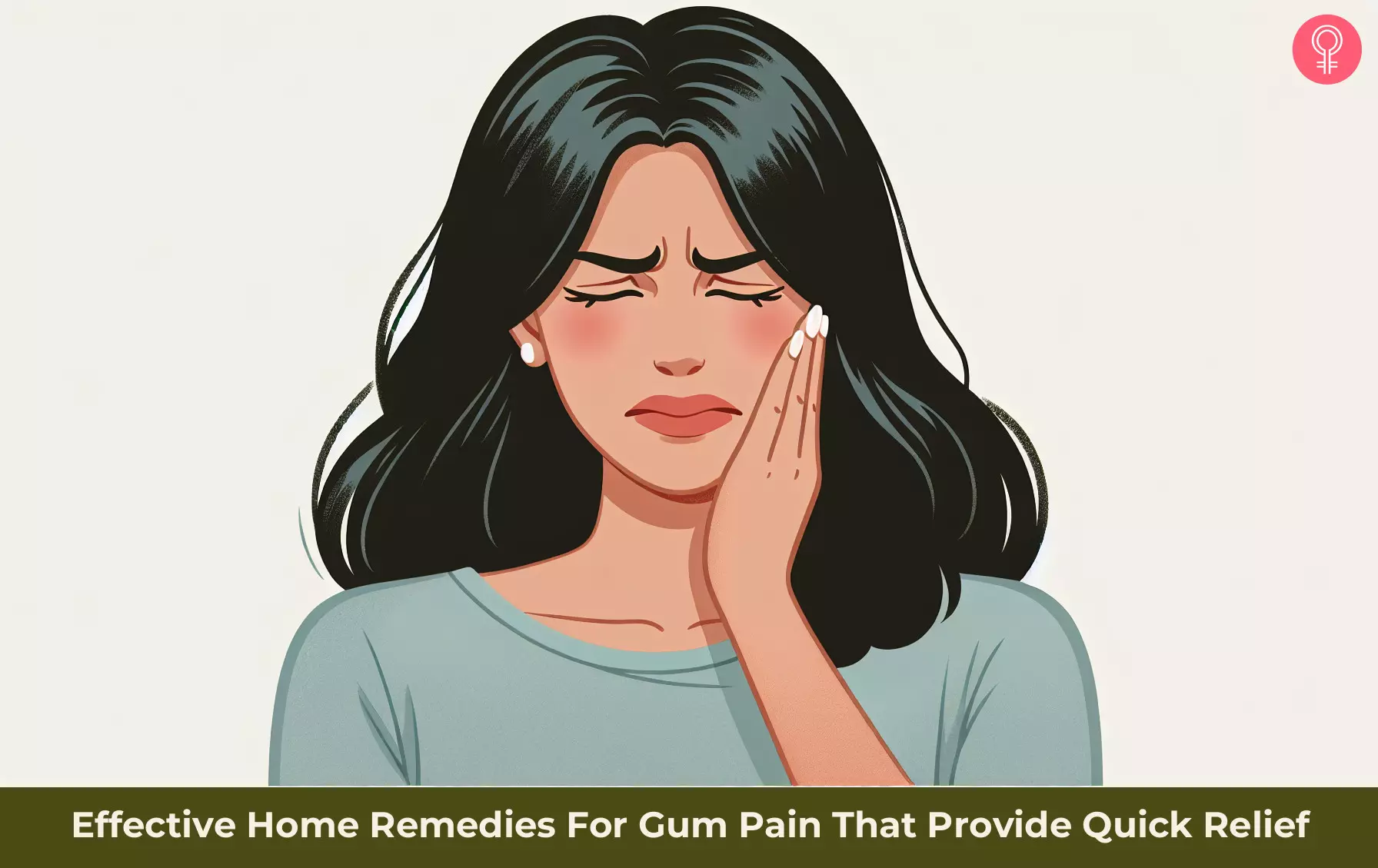
Image: Dall·E/StyleCraze Design Team
Decode the causes of swollen gums and explore effective home remedies for them in this insightful video. Understand what your gums are trying to tell you about your oral health condition.
Personal Experience: Source
StyleCraze's articles are interwoven with authentic personal narratives that provide depth and resonance to our content. Below are the sources of the personal accounts referenced in this article.
i. Home remedy for irritated gumshttps://fanofblank.blogspot.com/2014/10/treat-irritated-gums-with-honey-and.html
References
Articles on StyleCraze are backed by verified information from peer-reviewed and academic research papers, reputed organizations, research institutions, and medical associations to ensure accuracy and relevance. Read our editorial policy to learn more.
- Gingivitis and periodontitis: Overview
https://www.ncbi.nlm.nih.gov/books/NBK279593/ - Canker sores (mouth ulcers): Overview
https://www.ncbi.nlm.nih.gov/books/NBK546250/ - The effect of elevated ovarian hormones on periodontal health: oral contraceptives and pregnancy
https://pubmed.ncbi.nlm.nih.gov/8372477/ - Dental (Odontogenic) Pain
https://www.ncbi.nlm.nih.gov/labs/pmc/articles/PMC4590084/ - Effect of tobacco on periodontal disease and oral cancer
https://www.ncbi.nlm.nih.gov/labs/pmc/articles/PMC6662776/ - Warning Signs and Symptoms of Oral Cancer and its Differential Diagnosis
https://www.researchgate.net/publication/324507403_Warning_Signs_and_Symptoms_of_Oral_Cancer_and_its_Differential_Diagnosis - Rinsing with Saline Promotes Human Gingival Fibroblast Wound Healing In Vitro
https://www.ncbi.nlm.nih.gov/labs/pmc/articles/PMC4956236/ - The Effectiveness of the Cold Therapy (cryotherapy) in the Management of Inflammatory Parameters after Removal of Mandibular Third Molars: A Meta-Analysis
https://www.ncbi.nlm.nih.gov/labs/pmc/articles/PMC6449133/ - Turmeric – Its Applications in Dentistry
https://www.researchgate.net/publication/303933589_Turmeric_-_Its_Applications_in_Dentistry - Syzygium aromaticum L. (Clove): A vital herbal drug used in periodontal disease
https://www.researchgate.net/publication/325018930_Syzygium_aromaticum_L_Clove_A_vital_herbal_drug_used_in_periodontal_disease - Green tea: A boon for periodontal and general health
https://www.ncbi.nlm.nih.gov/labs/pmc/articles/PMC3459493/ - Analgesic effect of the aqueous and ethanolic extracts of clove
https://www.ncbi.nlm.nih.gov/pmc/articles/PMC4075701/ - Analgesics Use in Dentistry
https://www.intechopen.com/chapters/53684 - Baking soda dentifrice and periodontal health: A review of the literature
https://pubmed.ncbi.nlm.nih.gov/29056185/ - Effect of coconut oil in plaque related gingivitis – A preliminary report
https://pubmed.ncbi.nlm.nih.gov/25838632/
Read full bio of Dr. Zeel Gandhi
Read full bio of Sanchari Bhattacharya
Read full bio of Arshiya Syeda
Read full bio of Dipti Sharma






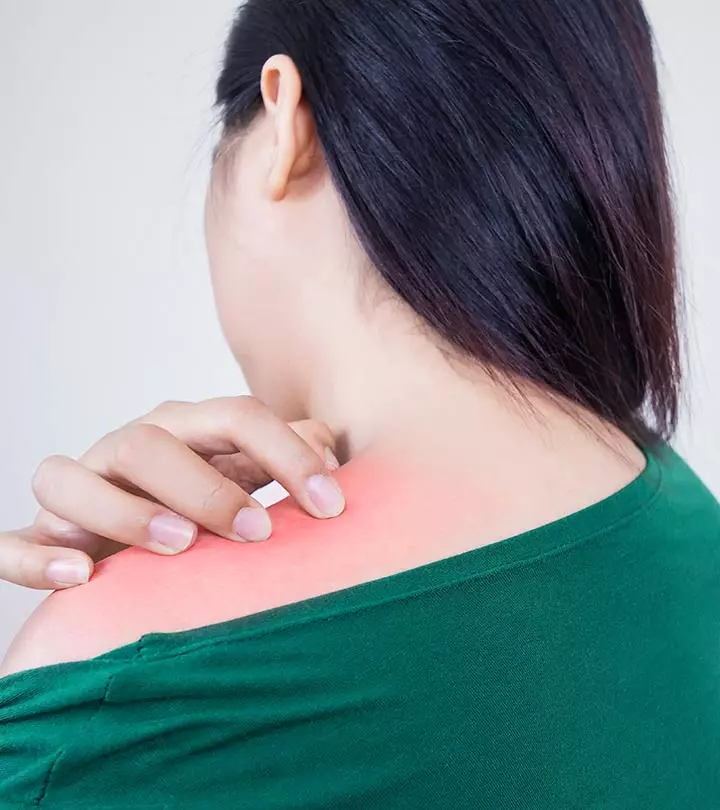

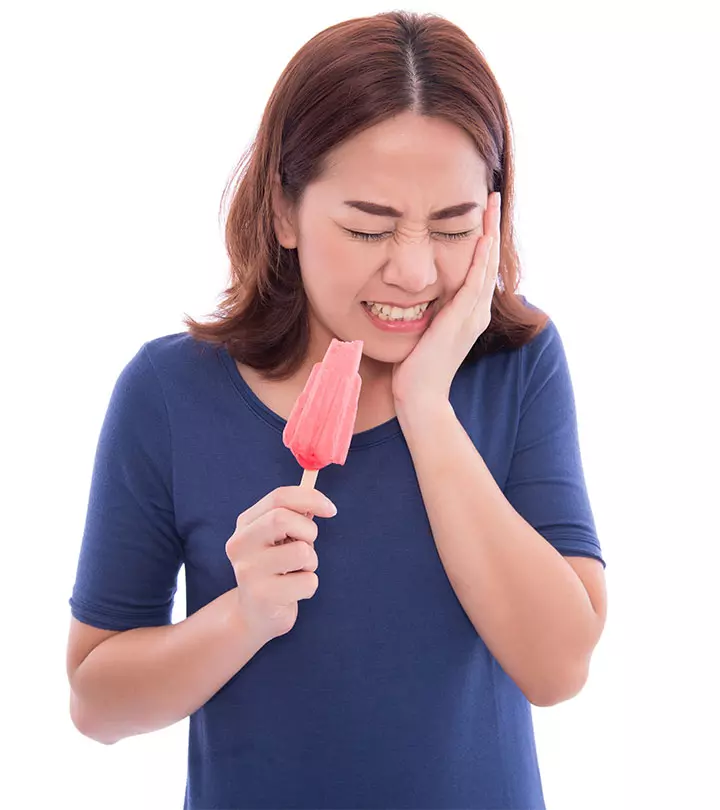
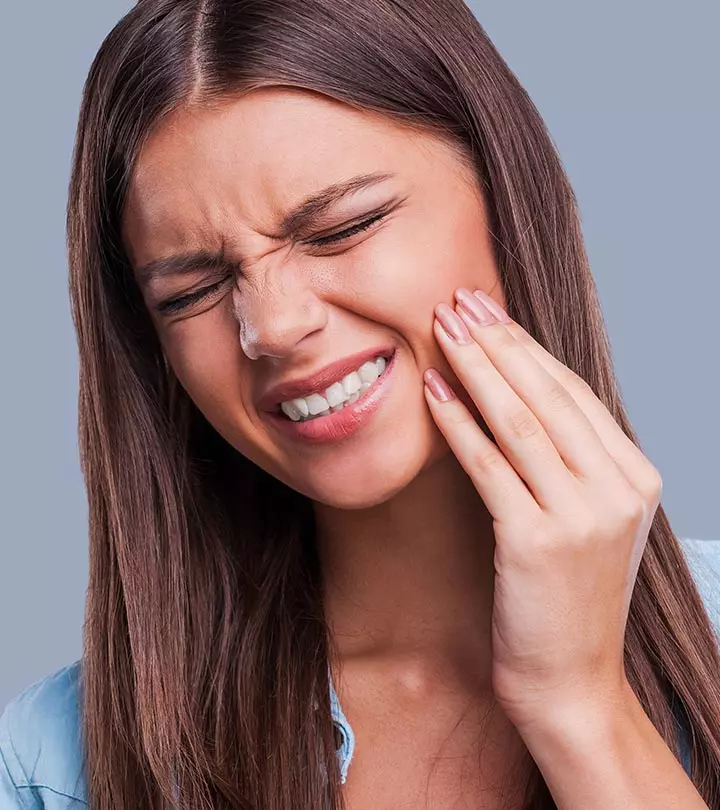

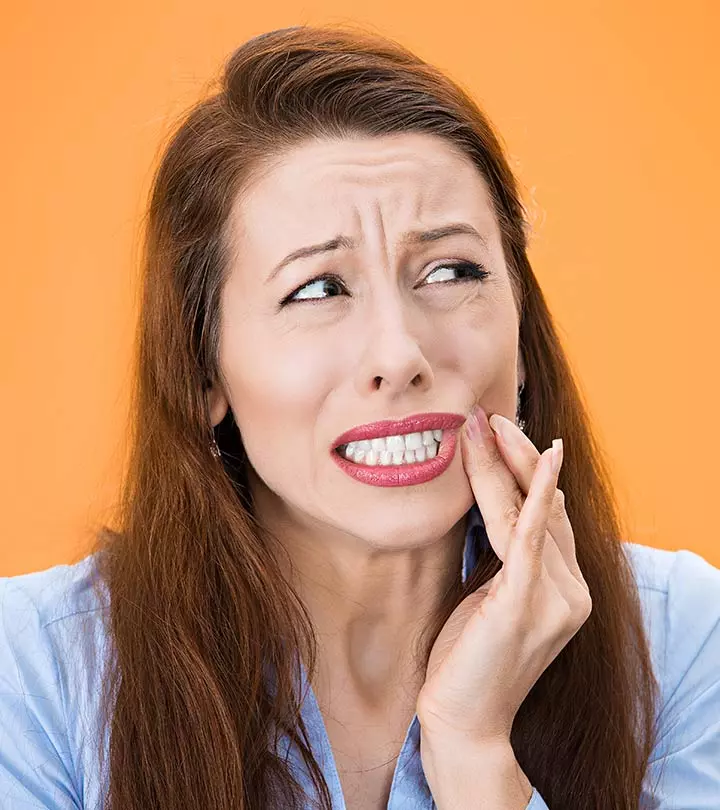
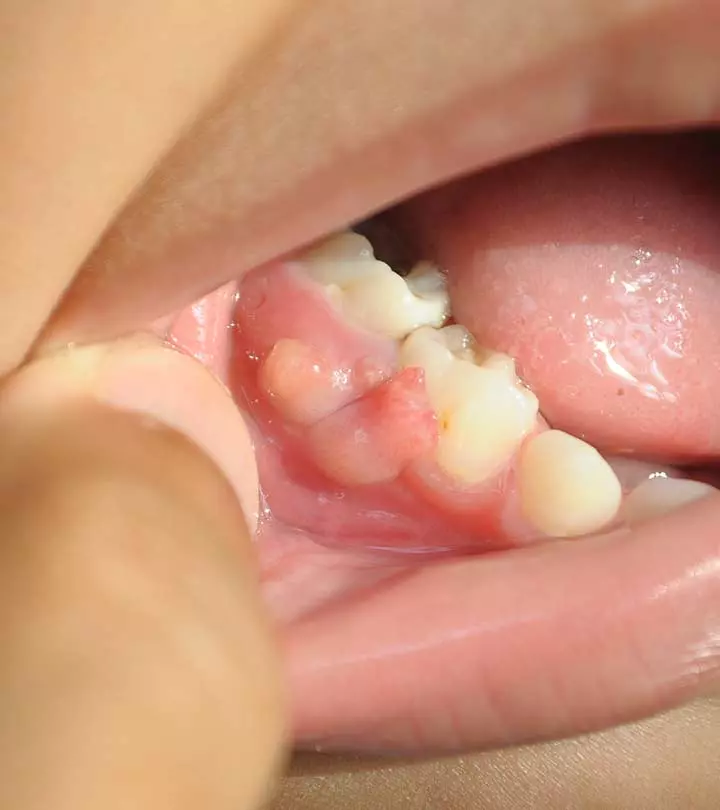


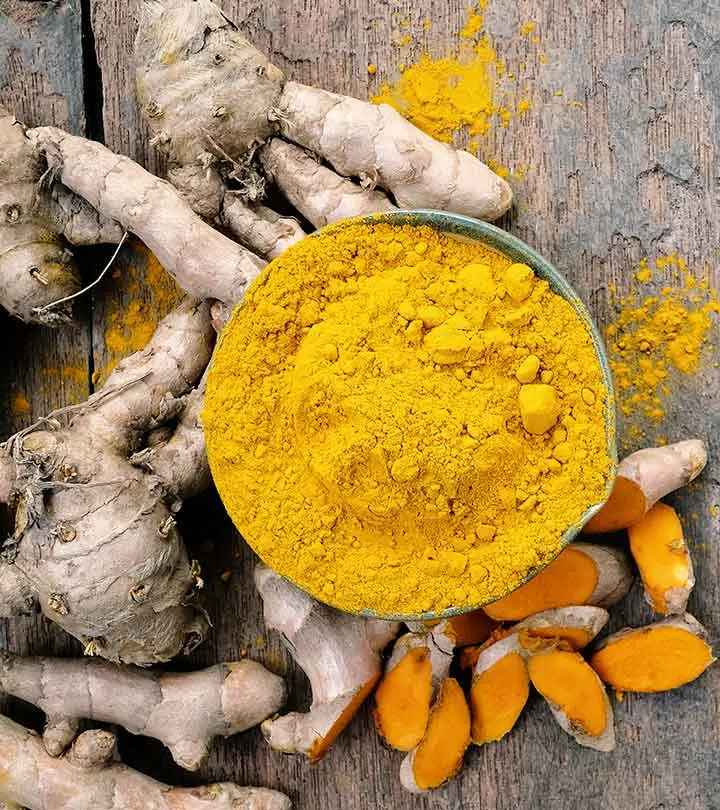

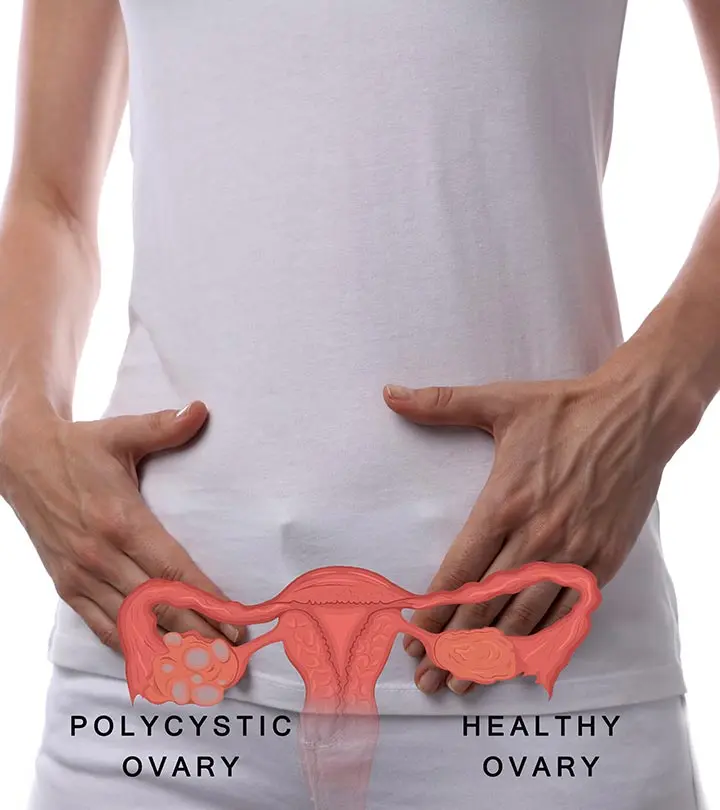




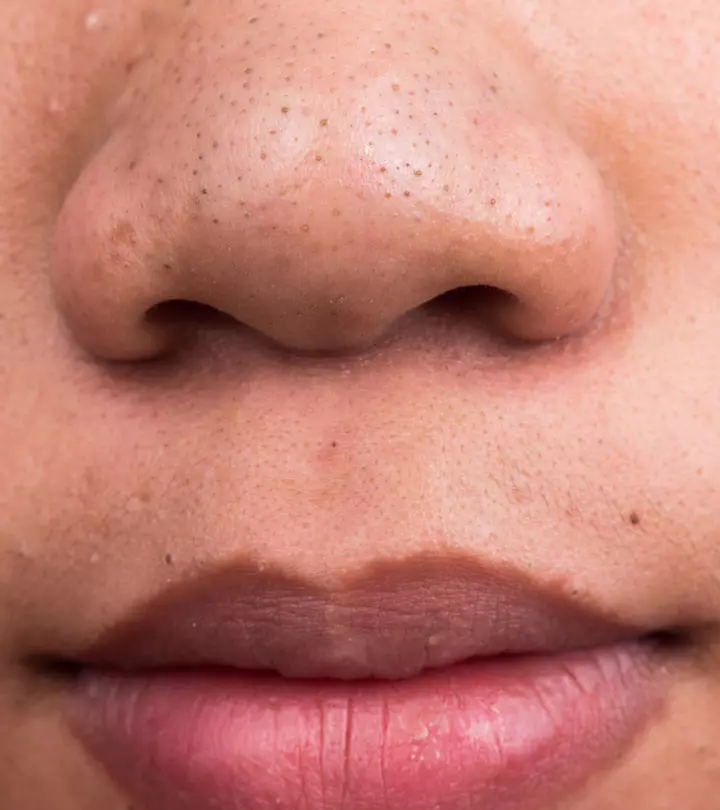
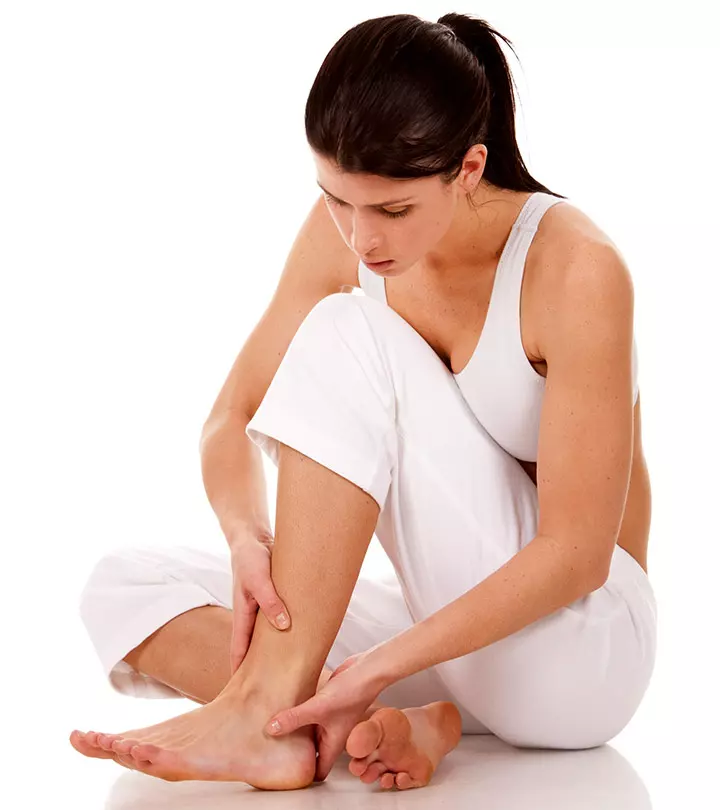



Community Experiences
Join the conversation and become a part of our empowering community! Share your stories, experiences, and insights to connect with other beauty, lifestyle, and health enthusiasts.